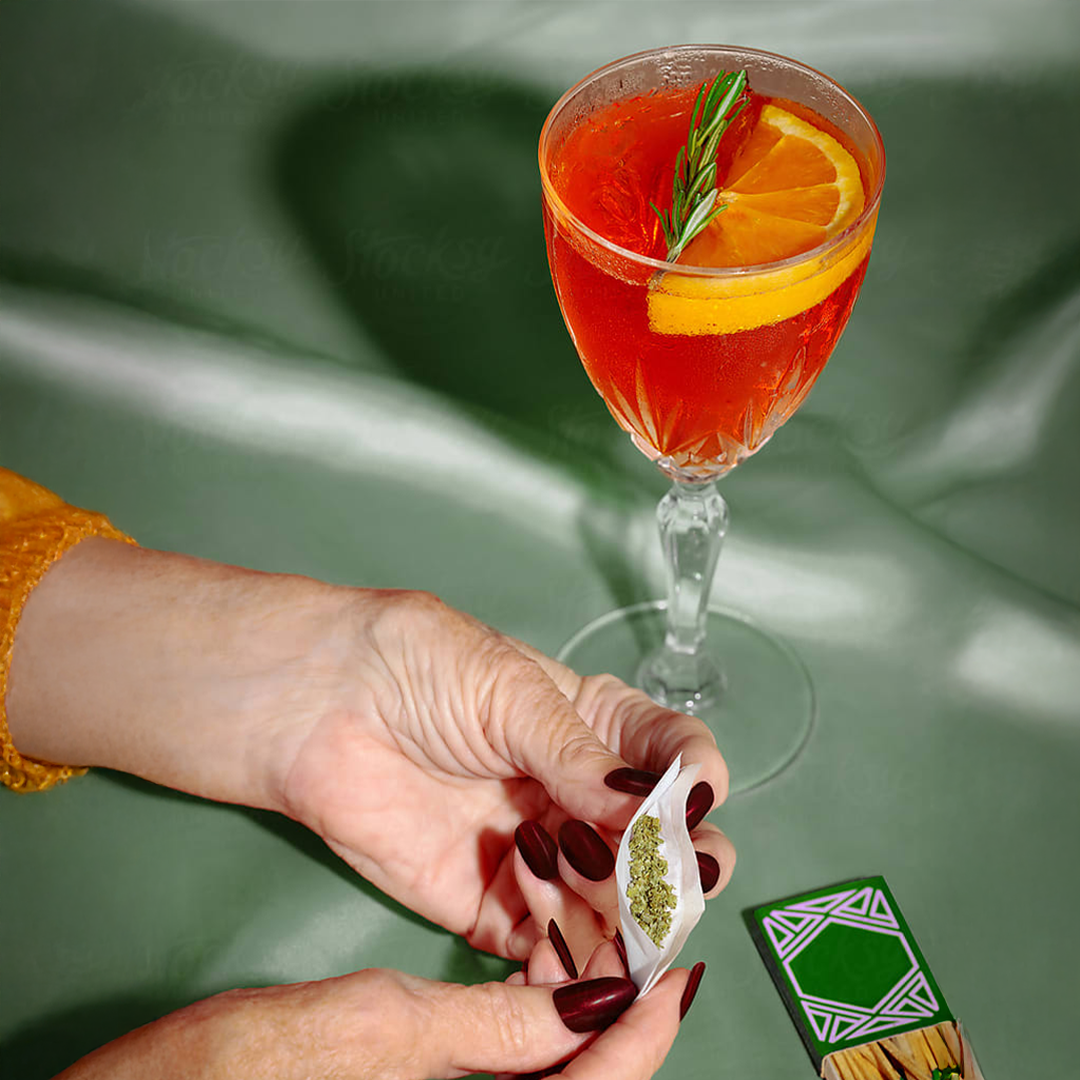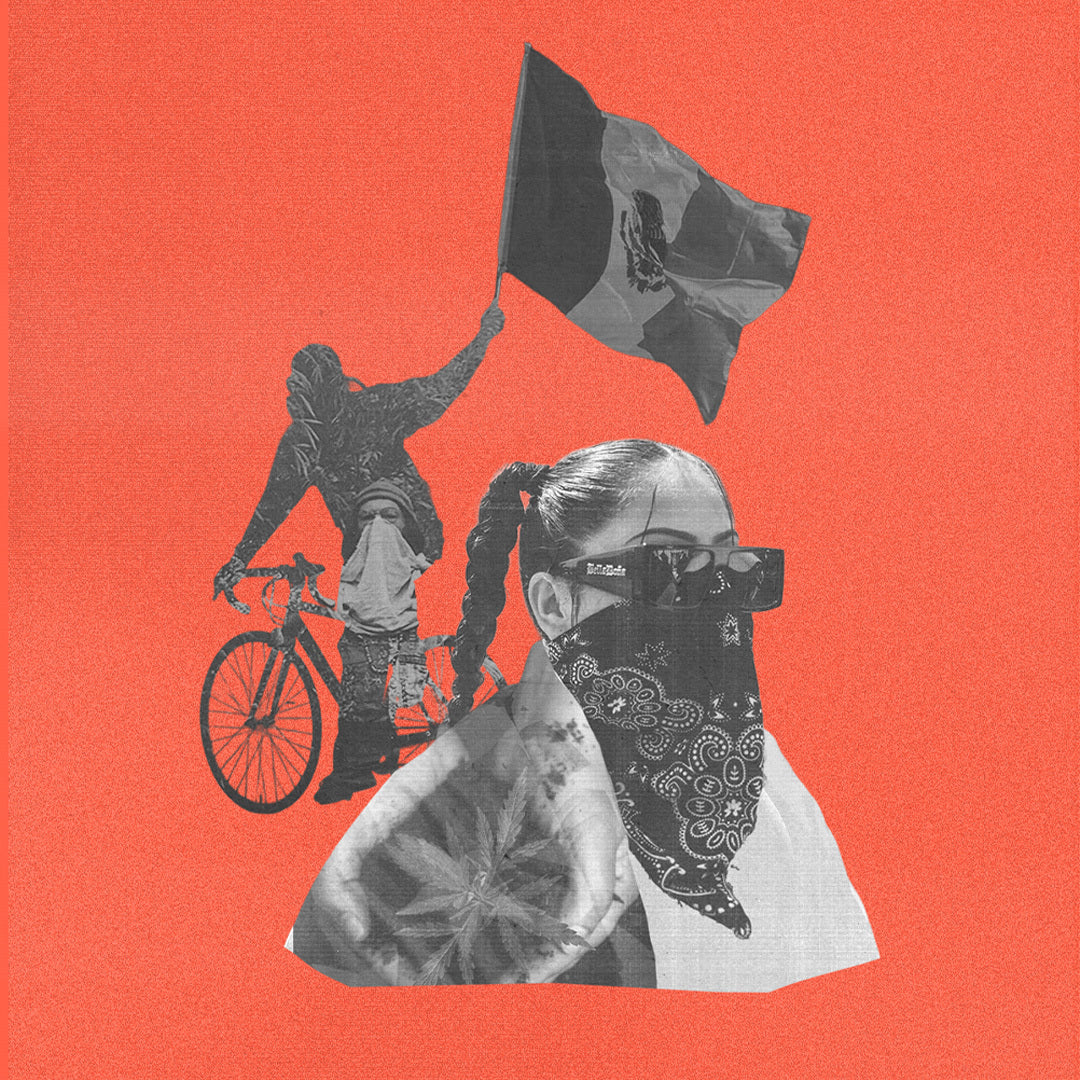As July 4th rolls around again, the usual script kicks in. Fireworks, flags, and talk of freedom. But for many of us, it’s hard to celebrate a version of “freedom” that was never meant to include everyone. America loves to tell stories about liberty, but the truth is, freedom in this country has always been conditional.
At Miss Grass, we’re not here to co-sign performative patriotism. We’re here to honor the people who build and sustain this country, especially the ones often erased or criminalized in the process. That means immigrants, many of whom are undocumented and working in industries like cannabis, that wouldn’t exist without them. That means recognizing that our freedoms are intertwined, and none of us is truly free until all of us are.
Take the cannabis industry. It thrives today in glossy dispensaries and corporate boardrooms, but it was built through resistance, risk, and labor, especially the labor of undocumented workers. In California, for example, a significant portion of the agricultural and cultivation workforce consists of individuals without legal status. These are the largely unacknowledged and unprotected hands that plant, tend, harvest, and trim the product that powers a billion-dollar industry.
This conversation isn’t just about labor. It’s about dignity. It’s about refusing to reduce human beings to their economic utility. Undocumented people aren’t “essential workers” only when it suits us—they’re human beings, period, with families, culture, history, and dreams. And they deserve the same rights, safety, and recognition that others are handed more freely.
Cannabis didn’t originate in the U.S., and neither did the culture surrounding it. The quasi-legal industry we now participate in was built on indigenous knowledge, global migration, and underground networks. Today, people grow and sell it it on stolen land, further commodifying and sanitizing the plant’s history without always giving due to the communities that carried it. If people passionate about cannabis activism are serious about genuine justice, we have to confront that history, not gloss over it.
The contradiction here is stark. While many undocumented workers are risking their safety to support the cannabis supply chain, they’re also vulnerable to deportation and violence from agencies like ICE. Black, Brown, and immigrant communities have borne the brunt of cannabis criminalization. Today, much of the industry, including us, benefit from structures that continue to exclude those most impacted. We’re not exempt from this, but we’re committed to doing the work to change it, which includes being honest about the realities of this industry.
These are not separate issues—they’re deeply connected. The systems that criminalize immigration are the same ones that over-police and incarcerate people of color. The same policies that treat human migration as a crime also turn healing plants into profit centers, without accountability to the people they once targeted.
So this July 4th, we’re not asking for fireworks. We’re making a declaration. Not of independence, but of responsibility. A responsibility to recognize whose land we’re on, whose labor we benefit from, and whose freedom is still being denied.
If cannabis has taught us anything, it’s that healing doesn’t happen without truth. Absolute freedom isn’t symbolic—it’s structural. It means dismantling systems that cage people for them to survive. It means rejecting the idea that borders define worth and supporting communities that are too often only acknowledged during times of crisis, controversy, or other great need.
Let’s remember: borders and laws are human-made, but our connections run deeper. The cannabis community knows this intimately. It’s always been about rebellion, about care, about building alternatives. Let’s not lose sight of that.
So, while America celebrates its myths this weekend, we choose to honor the people who are still fighting for a chance to live with dignity. The farm workers. The migrants. The currently and formerly incarcerated. The people whose freedom is not yet a reality.







